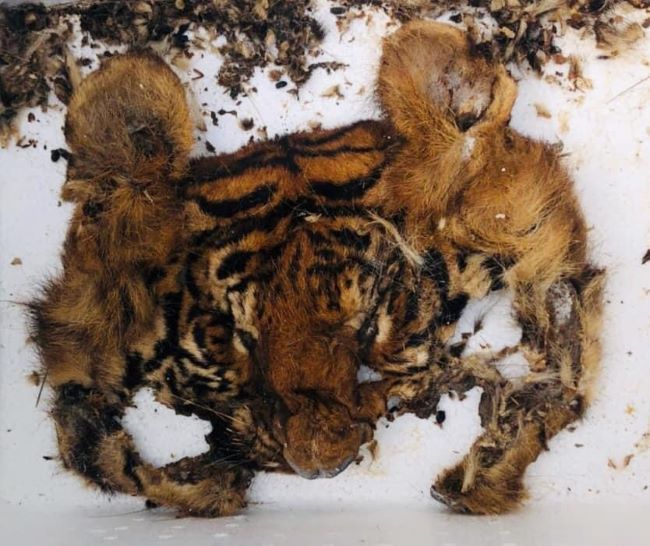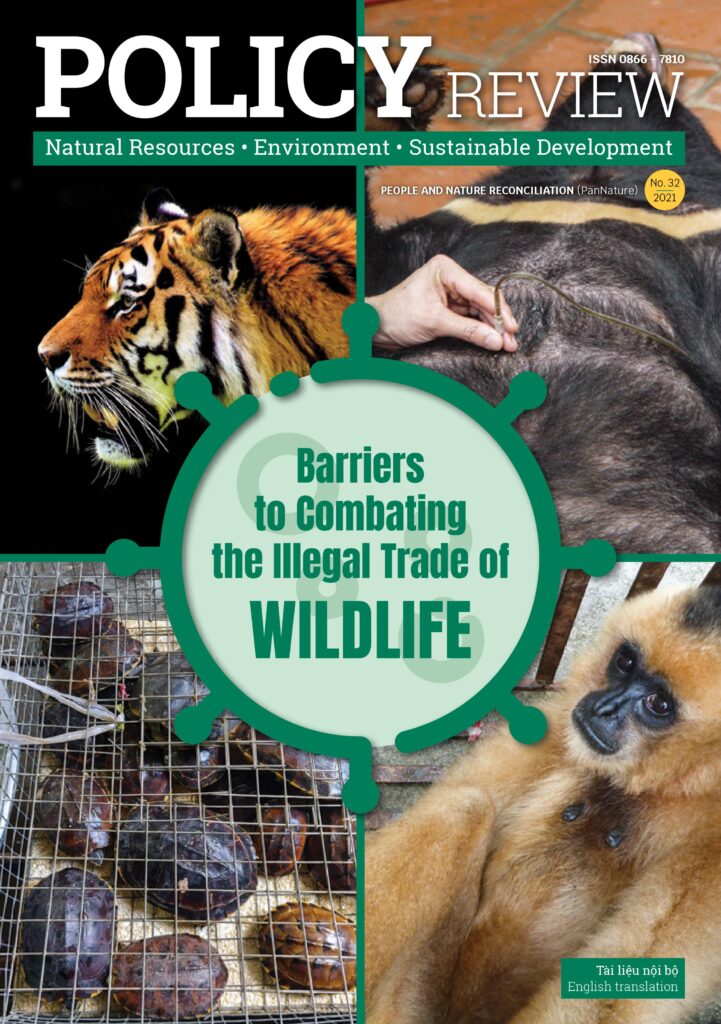Vietnam is recognized as one of the world's most biodiverse…

Barriers to Combating the Illegal Trade of WildLife
The Covid 19 pandemic has been upended the world for the last two years, causing dramatic losses of human lives and social and economic disruption. Along with immeasurable losses, the pandemic has also entailed socio-economic changes and humanity’s perception of the world we are dwelling in. The virus that causes the Covid-19 pandemic is likely to originate from wild animals. Although this is not a firm conclusion up to this point, it is a deeper warning than ever about the human way of life, which exploits nature indiscriminately, causes ecosystems to deteriorate, and leads to irreversible damages.
Right now, when the global crisis caused by the coronavirus has not been over and humanity is still incurring losses, various efforts have been put in place to prevent future outbreaks of pandemics. One of these endeavors is to prevent wildlife trade and consumption, based on scientific evidence that more than 70% of dangerous emerging infectious diseases in humans originate from animals, especially wild animals (wildlife)1 Asia has been identified as one of the five global “hot spots” with a very high risk of emerging infectious pathogens, including zoonotic diseases. Over the past time, the Government of Vietnam has made multiple moves to promote law enforcement to fight the wildlife trade, preventing this risk. The promulgation of Directive 29/CT-TTG on July 23, 2020, on some urgent solutions for wildlife management and the signing of the One Health Partnership Framework to prevent zoonotic diseases between the Government of Vietnam and international organizations and domestic partners from 2021 to 2025. In addition to the Government’s determination, domestic and international organizations also focus on supporting policy improvement, law enforcement, and public awareness in combating the illegal wildlife trade.
However, the wildlife trade situation in Vietnam continues to complicate. The cause of this situation comes from loopholes or inadequacies in policies, limitations, difficulties in implementation, and people’s awareness and consumption habits. This Policy Review includes articles on wildlife trade trends during the pandemic; challenges in wildlife protection when looking at bottlenecks in policy and enforcement; the management of rare and endangered species, especially close-up with the status of turtle species; infectious diseases from wildlife; and the use of medicinal plants to replace wildlife-based ingredients. The content of the articles reflects the current situation, analyzes the loopholes and challenges in management, and suggests actions to solve the problem.
Covid-19 will not be the last pandemic of its kind that humanity will face. To prevent future wildlife-bourne pandemics, it is imperative that we learn how to live in harmony with nature, maintain the stability of the wilderness through biodiversity conservation, restoration of natural habitats or ecosystems, and minimization of human impacts on the environment.
Content:
- Wildlife trafficking trends in the context of Covid 19 pandemic
- Challenges in preventing and combatting wildlife crimes
- Wildlife protection provisions in the penal code -Some assessments
- Shortcomings & Recommendations in handling wildlife violations
- Management of endangered, precious, and rare wild animals: Inadequacies & Recommendations
- Turtles are critically endangered due to trade & consumption
- Zoonotic diseases: Situation & Solutions
- Consequences caused by the use of wildlife for medicinal purposes and alternatives from medicinal plants
Download the PDF file here & Reading online on Issuu here.
1. OIE, WHO, UN. 2021. Reducing public health risks associated with the sale of live wild animals of mammalian species in traditional food markets. Source: https://www.who.int/ publications/i/item/WHO-2019-nCoV-Food-safety-traditional markets-2021.1



